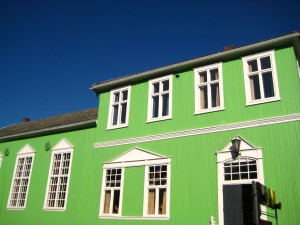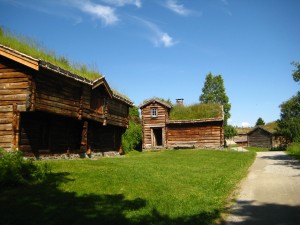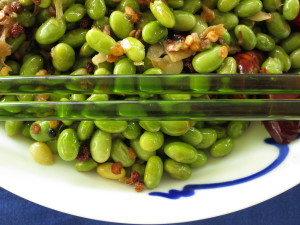Green and Blue
Yesterday my sister in Norway skyped me. She said she was sitting in the garden for the first time this summer! On July 12th! The rest of the time it had been raining or too cold! That’s a crappy summer.
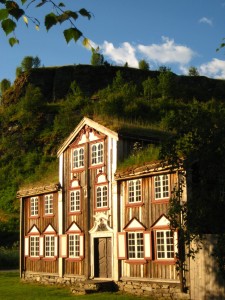
Many people don’t understand why I don’t want to live in Norway 挪威 (Lo Wai or La Wai – Shift Strength) – it’s so beautiful and the skies are so blue! Yes, the skies are blue for about a week or two each year. The rest of the time they are non-existent, to put it nicely.
But perhaps it is this pining for the rarely seen blue and green in my homeland that’s made me favour the combination of these two colours above all others? Look at my table settings for example: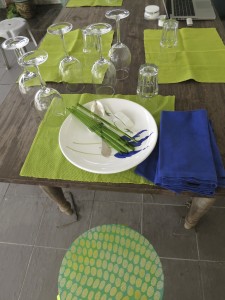
Blue 藍色(laam sek – blue colour) and green 綠色 (luk sek – green colour). Unlike English, you can’t just put the colour in front of the noun, you have to say a something-coloured noun, like 綠色杯 (luk sek bui – green-coloured cup). But sometimes you can, when the colour is part of the name of the thing and isn’t a description, like red and white wine 紅酒 (hong jau – red wine) and 白酒 (baak jau – white wine). Beware of ordering baak jau (白酒)in the mainland, though! You’ll get a 48% spirit so vile it will make your arm hairs melt.
Learn more about colours and food right here in Happy Jellyfish Language Bureau’s Quest To Make Cantonese a World Language 2 hour crash course!

